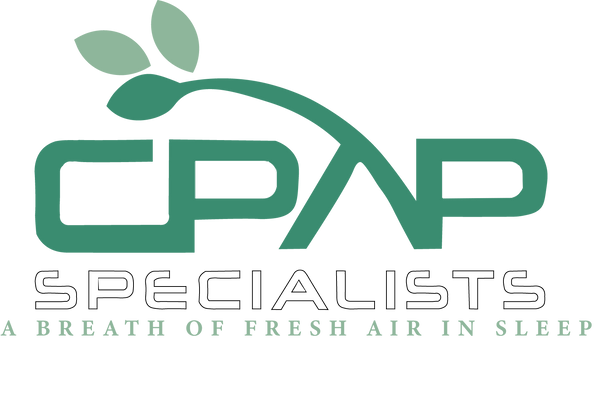- Loud snoring: Often the most noticeable sign.
- Episodes of breathing cessation during sleep: Often reported by another person.
- Gasping or choking during sleep.
- Restless sleep: Frequent awakenings or tossing and turning.
- Insomnia: Difficulty falling or staying asleep.
- Frequent urination at night (Nocturia).
- Excessive daytime sleepiness: Falling asleep during routine activities.
- Morning headaches.
- Dry mouth or sore throat upon waking.
- Difficulty concentrating or memory problems.
- Mood changes: Irritability, depression, or anxiety.
- Decreased libido or sexual dysfunction.
- Obesity: Higher body mass index (BMI).
- Large neck circumference: More than 17 inches in men, 16 inches in women.
- High blood pressure (hypertension).
- Chronic nasal congestion.
- Recessed chin or large overbite.
- Crowded airway: Enlarged tonsils or adenoids.
- Age: More common in older adults.
- Gender: More prevalent in men than in women.
- Family history: Increased risk if there is a family history of sleep apnea.
- Use of alcohol, sedatives, or tranquillisers: These relax the muscles in the throat.
- Smoking: Increases the risk of sleep apnea.
- Medical conditions: Such as congestive heart failure, type 2 diabetes, and polycystic ovary syndrome.
If you or someone you know exhibits several of these symptoms, consider consulting a healthcare provider.
A sleep study may be recommended to diagnose OSA.
Please see our referral forms online to see if you qualify for a bulk-billed sleep study HERE



